101 ideas for supporting your child’s development
We all want our children to do well – at school and in life – and to reach their full potential. But battling over homework and bribing them to complete extra maths booklets isn’t always the best way of supporting your child’s development.  Young children are like scientists. Their play is a series of experiments conducted on the world to find out how it works. Play helps children master key skills and develop neurological pathways in their brains: the more they use those pathways, the faster and more established they become.
Young children are like scientists. Their play is a series of experiments conducted on the world to find out how it works. Play helps children master key skills and develop neurological pathways in their brains: the more they use those pathways, the faster and more established they become.
The internet is jam-packed with practical ideas for busy parents to stimulate their child’s learning whilst also having fun. But most of us are too busy to wade through it to find the best ideas! So – to help out all you busy parents – I have compiled a handy resource list of articles and websites that cover all the bases when it comes to supporting your child’s development. From 2-minute games to 2-week projects, this resource list gives parents concrete do-able ideas for using learning through play to optimise their children’s development at different ages across key developmental areas:
Physical Development
The best way of supporting your child’s development when it comes to physical development is to feed them well and get them moving!
- Check out this great list of gross motor activities for kids from Hands On As We Grow. A bit more prep required for some of the ideas (string, sticky tape etc) but guaranteed to help the most active toddlers and preschoolers to burn off energy and boost co-ordination.
- The UK’s NHS Livewell website is a great resource for reliable information about everything to do with children’s health and physical development. Check out their advice for improving fitness and wellbeing whatever your age.
- Are you worried that your child is spending too much time sitting at a screen? Check out this Family Lives YouTube clip for information and ideas: Is your teen getting enough exercise? or take a look at these Fun family activities to tear teens and tweens off tech.
Fine motor skills
The best activities for supporting your child’s development when it comes to controlling small movements (fine motor skills) are arts, crafts, and construction activities. Check out these great websites for easy print-and-do crafts as well as more complex projects:
- Happy Hooligans (for toddlers and pre-schoolers)
- No Time For Flashcards (for toddlers and pre-schoolers)
- Childhood101 (construction challenges for brains and fingers)
Language and literacy
- Encourage young children’s language learning through songs and rhymes. If you are bored of singing the same song all the time (or aren’t sure of the words to those classic nursery rhymes!) head over to Words for Life where you will find rhyme and song lyrics and even mp3s so you can practise the tune!
- Research the speech, language and communication milestones your child should be meeting (ages 0-17 years) and download free factsheets for parents to encourage children’s talking at I CAN’s Talking Point
- Without a doubt, the best way to encourage children’s literacy is through reading. Reading to them, reading with them and helping them to read independently. Why not set yourselves the challenge of working your way through a list of 50 books!
- And if your child doesn’t like books? There are lots of other ways to boost their reading skills – have a look at my 20 ideas to boost children’s reading (that don’t involve books!).
Mathematical understanding
Learning maths is much more than being drilled in the times tables. It involves filling containers with water and then emptying them, noticing the change in weight and how the liquid flows and adopts the shape of the container. Then doing it again and again with sand, with lego bricks, with pencils, with marbles, raisins and imaginary tea…. (For a glimpse into how toddlers learn mathematical thinking through repetition, see Help! Is my toddler OCD?).
If you want to work on your preschooler’s numeracy, take a look at this great summary of what young children need to understand about numbers on Resolve to Play (and follow them on Instagram for regular inspiration on using play to support learning).
As they get older, the opportunities expand for supporting your child’s development in applied maths through construction projects, cookery, managing finances and design projects. And there is also a place for introducing maths games into their technology time to make sure they get lots of practice…
- 29 Ways to Make Maths Fun (3-8 years)
- Free online maths games (primary schoolers)
Problem-solving & complex thinking skills
Helping children learn problem-solving skills sets them up to succeed in all areas of life. As with everything, practice makes perfect – try these websites for games, activities and projects for supporting your child’s development of more complex thinking skills such as planning, strategy and analysis:
- 50+ science activities for kids from Buggy and Buddy (for younger children)
- 100 engineering projects for kids from The HomeSchool Scientist (for older children)
- 15 YouTube Channels of Fun Science for Kids from I Game Mom (also see 9 YouTube Channels of Hands-on Science Experiments for Kids for younger ones)
Social & emotional skills
In infancy, participating in secure relationships with sensitive adult caregivers creates a strong foundation for developing future emotional security and interpersonal skills. As children learn to communicate, providing lots of opportunities for playing alongside and co-operatively with other children is the ideal way of supporting you child’s development of social and emotional skills. You can help your child develop emotional literacy by talking to them about feelings and friendships and families. You might find these resources useful:
- Promoting social-emotional development from Zero to Three (0-3 years)
- 100 kids activities to build character from Moments a Day
- Best books to teach children social skills (2-7yrs)
- Books for helping children manage friendship problems (2-10yrs)
- Books for talking to young children about emotions (2-7yrs)
You might also like…
- 15 ways parents can support children to do well at school
- What are the best toys to buy for children?
- What is free play and why is it important?
- Ted talks for kids (and by kids)
- School readiness skills for pre-schoolers
- Tips for growing babies’ brains
- Toddlers’ brains: how toddlers think
- Parents and the zone of proximal development (ZPD)
I’d love to know what you think of these resources for supporting your child’s development – is there something you’d like to add? Please let me know by commenting below!

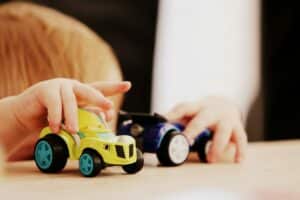
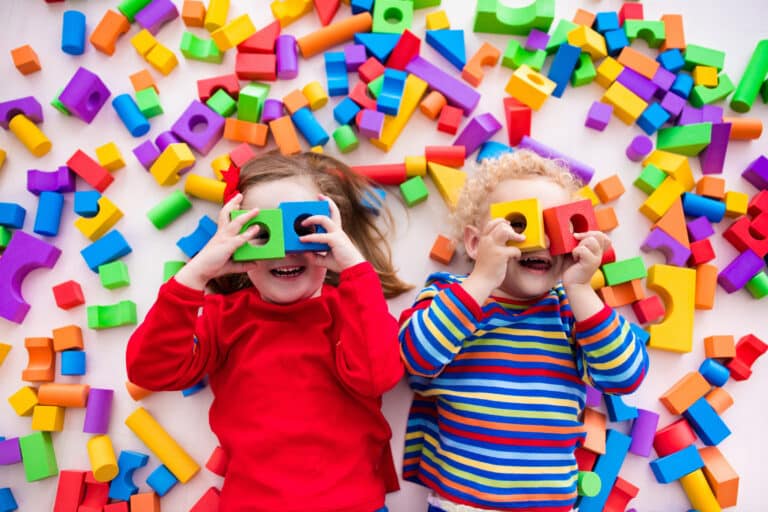

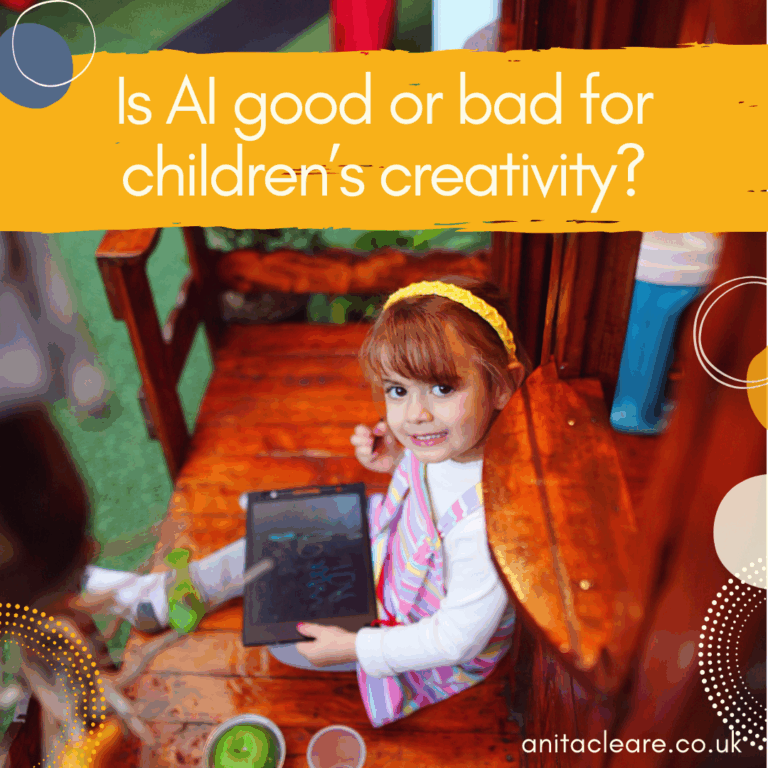

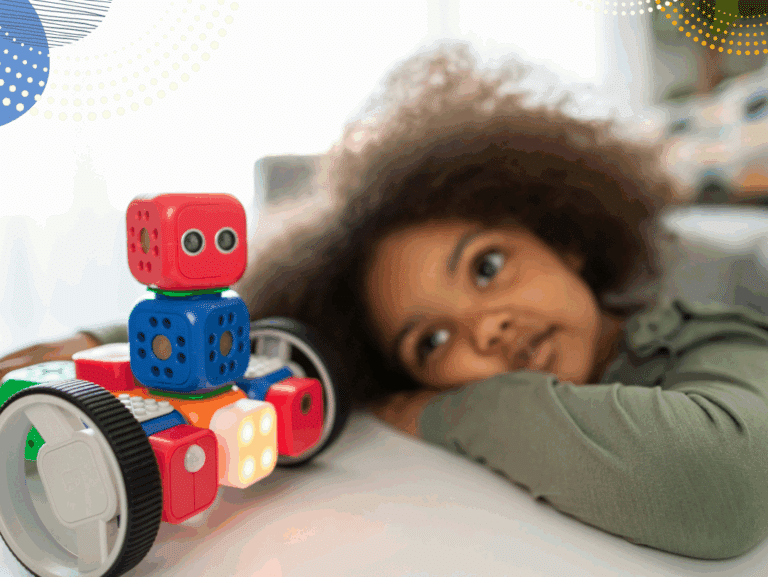
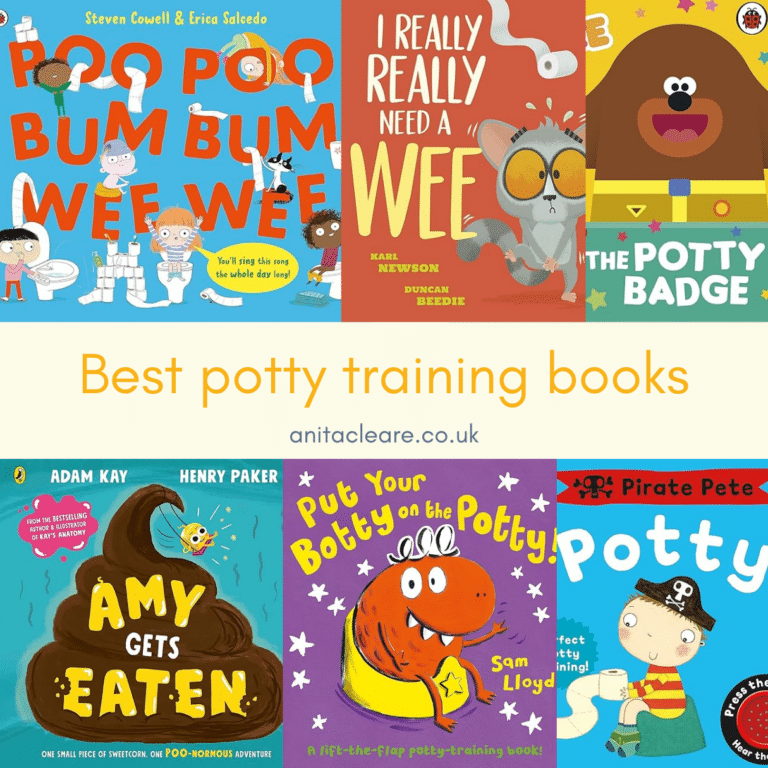
Thanks so much for including us in the list Anita – such a great resource
You are one of my first choice go-to websites for great ideas!
I couldn’t agree more with reading! It is something I have always been passionate about and I have shared my love of books onto my children. Such an important thing to do 🙂
#twinklytuesday
Gemma xx
Reading has to compete with so many other activities now (especially technology and screens!), it is easy for it to get squeezed out unfortunately 🙁
Great ideas – thanks #TwinklyTuesday
You’re welcome!
What a fantastic list of resources. I am definitely going to bookmark this page! Thanks so much for linking up with #TwinklyTuesday
Thanks Lisa, I hope you get lots of ideas for fun activities from it!
Great ideas, thank you for sharing, I’m going to bookmark it so I can come back as Baby H grows #thelist
We all need a little inspiration every now and then!
That’s quite a selection 🙂 My boy is nearly 2.5 and we don’t do screen time. Pinterest and blogs are my best friends when it comes to entertainment ideas 🙂 Though going outdoors is usually the easiest and most enjoyable for both if us
#thelist
Nothing really beats the outdoors for free healthy fun and learning, does it!
Some great ideas here, thank you. Going outdoors is pretty much our go-to for all kinds of learning. Sometimes though, I do like to do things with my toddler ‘just because’ – I think it is important that we not get so carried away with doing things that support literacy or mathematics or whatever that we forget to do things just because we enjoy them. #TheList
That’s a great point Lucy! Doing things because they are fun or because you just want to is absolutely essential!
this is such an awesome resource – definitely bookmarked to come back to. I like that loads of the ideas are fun too, I listened to Baby, toddler, Me’s first podcast with Amanda Gummer last week, which was all about play, so it’s handy to have a resource like this for ideas. Thank you! And thanks for linking up to #TheList xx
Sometimes the internet is just too big so I really wanted to create a shortcut for busy parents. I am really glad you like it!
This article is brilliant for resources, and great to refer back to when looking for something specific. Our Kayas are always looking for new ideas to entertain and educate the children they look after.
Thanks
Thank you! I’m really glad you have found it useful.